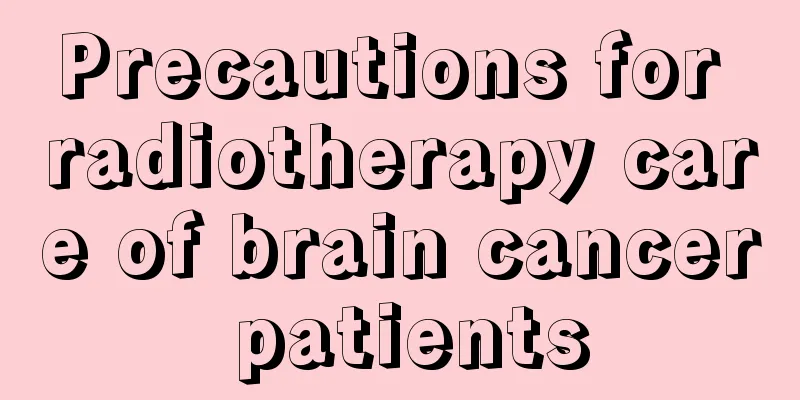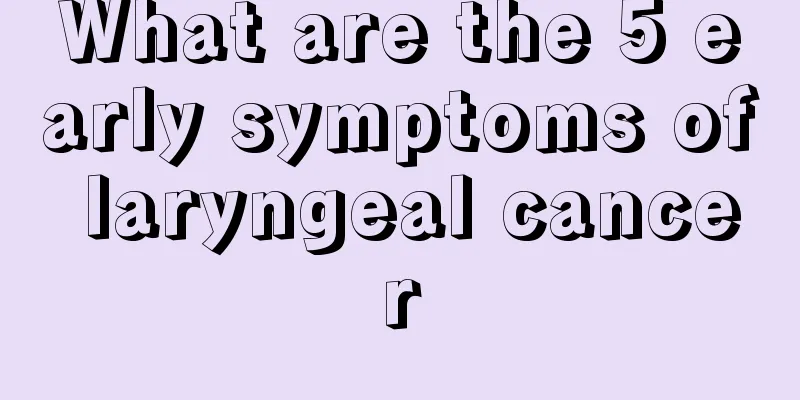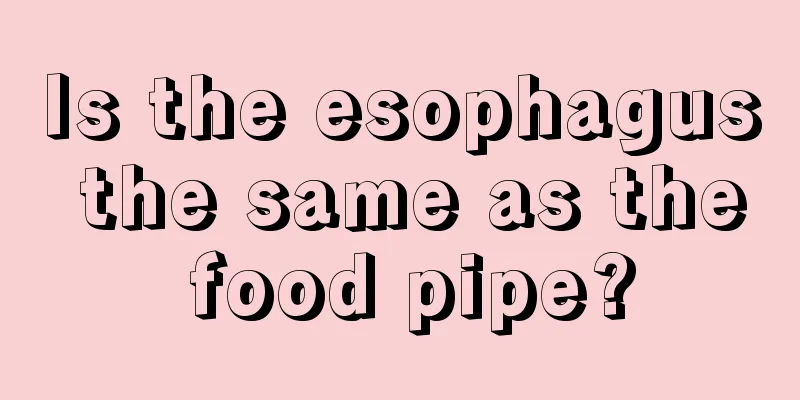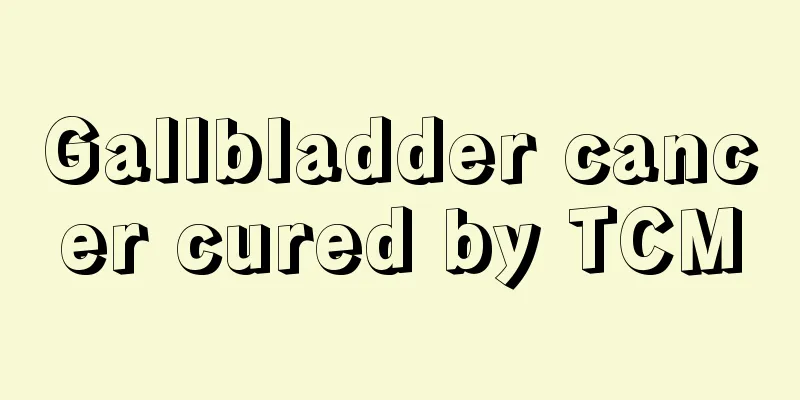Pharmacology and Clinical Practice of Traditional Chinese Medicine
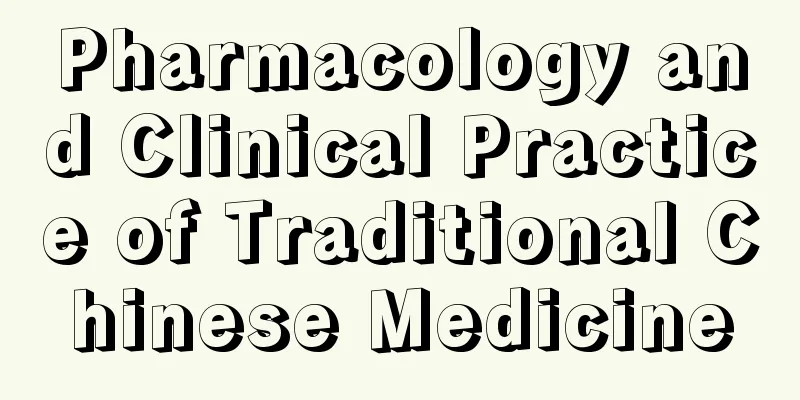
|
We all know that people who study medicine have to study for many years, especially in the fields of traditional Chinese medicine and clinical medicine. The study time is relatively long, and people who study medicine cannot see patients on their own when they just obtain their medical qualifications. They need to be accompanied by some experienced doctors. So what are the connections between traditional Chinese medicine pharmacology and clinical aspects? Let me introduce to you Chinese medicine pharmacology, also known as Chinese medicine pharmacology, is a science that uses the basic theories of traditional Chinese medicine and modern scientific methods to study the effects and mechanisms of Chinese medicine on the body and the processes in the body in order to clarify its principles for preventing and treating diseases. The pharmacology research of traditional Chinese medicine includes the study of the medicinal properties of traditional Chinese medicine, the compatibility of traditional Chinese medicine, the preparation of traditional Chinese medicine, the efficacy of traditional Chinese medicine, the in vivo process of traditional Chinese medicine and the toxicology of traditional Chinese medicine. Development History The use of traditional Chinese medicine has a history of thousands of years. The term "pharmacology" of traditional Chinese medicine has appeared in ancient Chinese medicine books, such as the "Pharmacology Chapter" in the "Shengji Jing" of the Song Dynasty. However, the use of modern scientific methods to study the effects of traditional Chinese medicine did not begin until the 1920s, when experimental pharmacology was used to conduct pharmacological research on traditional Chinese medicine. Ephedra is loading Ephedra The development of Chinese medicine pharmacology began with Mr. Chen Kehui's research on the adrenergic effects of ephedrine in the 1920s. Chen Kehui extracted ephedrine from ephedra and found that it had sympathomimetic effects. In the 1970s, Chinese pharmacologist Professor Zhou Huangjin proposed the slogan of "moving towards the pharmacology of integrated Chinese and Western medicine", calling for the establishment of pharmacology of integrated Chinese and Western medicine. He pointed out that it is necessary to start from the theory of traditional Chinese medicine and Chinese herbal medicine to study and clarify the pharmacological effects of Chinese herbal medicine. At that time, China had accumulated a lot of knowledge in the pharmacological research of single Chinese herbal medicine. In 1982, the state organized the compilation of the textbook "Pharmacology of Traditional Chinese Medicine", officially listed pharmacology of traditional Chinese medicine as an important professional course, and promoted the development of the discipline. In October 1985, the Chinese Pharmacology Society's Chinese Materia Medica Pharmacology Committee was formally established, and the direction of Chinese materia medica pharmacology research was established. In 1985, Wang Yunmo compiled "Chinese Materia Medica Pharmacology", marking the formal formation of the discipline of Chinese materia medica pharmacology. Such as internal medicine, surgery, obstetrics and gynecology, pediatrics... belong to clinical medicine. In terms of the division of labor within the hospital, it is divided into clinical, medical technology, administration, and technical services departments. The clinical department is the main body of the hospital, which is directly responsible for the admission, diagnosis, and treatment of patients; clinical personnel include doctors and nurses who are directly involved in the treatment and care of patients; the medical technology department is what was called the "non-clinical" department in the past. It also has doctors and nurses, but does not directly participate in the treatment and care of patients, but only provides direct services for clinical diagnosis and treatment. |
<<: Reasons for poor body coordination
>>: The absolute platelet count is high
Recommend
Is it harmful if formaldehyde exceeds the standard by 3 times?
Formaldehyde is a name that people have long been...
Can bronchoscopy diagnose lung cancer? How to treat lung cancer?
The morbidity and mortality of lung cancer are ve...
Can patients with ovarian tumors have children?
If there is a problem with the ovaries, women wil...
Which type of stomach cancer is the most aggressive?
Gastric cancer is a common malignant tumor with v...
What are the treatments for prostate cancer?
In recent years, prostate cancer has become a maj...
Why is the stomach bad? It is caused by this reason
Research has found that there are many reasons th...
What are the causes of esophageal cancer
Esophageal cancer is a malignant tumor of the dig...
What are the best treatments for lung cancer? Three major therapies are effective in treating lung cancer
With the improvement of living standards, many pe...
How to treat peripheral neuritis, Chinese medicine treatment method
The most common causes of peripheral neuritis are...
To prevent stomach cancer, you should eat more of these five kinds of vegetables
Gastric cancer is a very terrible digestive tract...
There is a sense of pressure in the throat when lowering the head
We often make this head posture, such as looking ...
What to do with O-shaped legs
Some people find that they have bow legs, which i...
What is the best fruit for stopping bleeding?
People are bound to suffer some bumps and bruises...
Does eating grapes cause internal heat? The answer is this
Grapes are a common fruit in daily life. They are...
The left testicle is aching
The testicles are the expression of male hormones...



